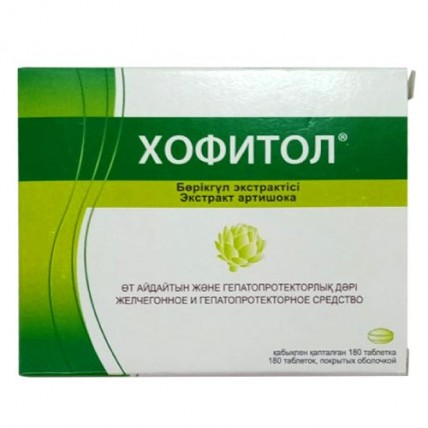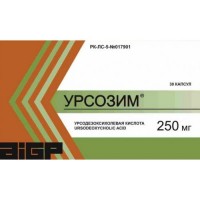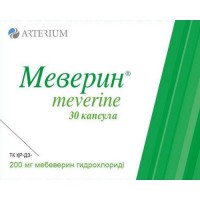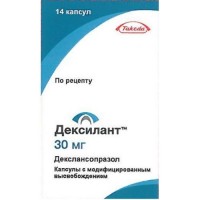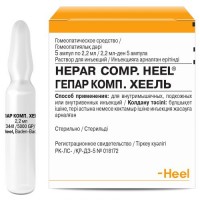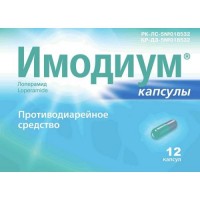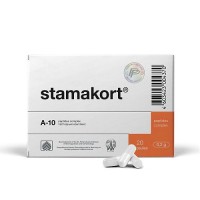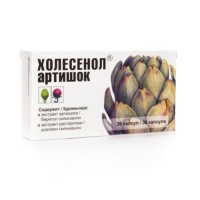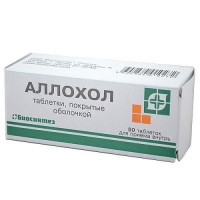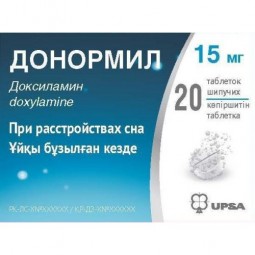Chophytol® (Artichoke)
- $24.00
What is Chophytol® (Artichoke)?
Chophytol® is a natural, plant-based medicine derived from the standardized extract of artichoke leaves (Cynara scolymus).
It is known for its multiple health benefits, particularly for supporting liver and digestive health.
Artichoke has been used for centuries in traditional medicine, and its extract is rich in bioactive compounds that promote bile production, protect the liver, and enhance kidney function.
The primary components of Chophytol®, including cynarin and cynaropicrin, provide powerful therapeutic effects.
Cynarin is widely recognized for its ability to improve bile flow, act as a natural diuretic, and lower cholesterol levels.
Cynaropicrin, another key compound, has anti-inflammatory, antioxidant, and even antiviral properties, helping to protect the body from a range of metabolic and digestive disorders.
Chophytol® is often used as a complementary treatment for conditions affecting the liver, gallbladder, and kidneys.
It can help alleviate symptoms such as indigestion, bloating, and feelings of heaviness after meals, while also supporting detoxification processes.
Due to its natural origin and standardized formulation, Chophytol® ensures consistent effectiveness and quality, making it a popular choice for those seeking natural remedies to enhance overall liver and digestive health.
This product is suitable for adults and children over 12 years old and can be taken to manage chronic conditions such as liver disease, gallbladder dysfunction, and mild kidney issues, making it an ideal solution for promoting long-term organ health.
What are the benefits of Chophytol®?
Chophytol® contains over 20 bioactive compounds, with two of the most important being cynarin and cynaropicrin.
These compounds provide several health benefits:
- Cynarin: Offers liver protection, promotes bile production, acts as a diuretic, and helps reduce cholesterol levels.
- Cynaropicrin: Stimulates bile flow, relaxes intestinal muscles, reduces triglycerides, and has anti-inflammatory, antioxidant, and antiviral properties (effective against hepatitis C).
Together, these components make Chophytol® an effective natural remedy for enhancing liver function, improving bile secretion, and supporting kidney health.
How does Chophytol® help with liver and kidney health?
Chophytol® is often used for conditions affecting the liver, bile ducts, and kidneys, including:
- Chronic cholecystitis (inflammation of the gallbladder)
- Biliary dyskinesia (impaired bile flow)
- Liver cirrhosis
- Chronic nephritis (kidney inflammation)
- Chronic renal insufficiency
The artichoke extract in Chophytol® helps promote bile production and improve its flow, which is crucial for digestion and detoxification.
It also supports kidney function by increasing urine production, aiding in the removal of toxins from the body.
What are the main effects of Chophytol®?
Chophytol® offers several therapeutic effects:
- Choleretic: Promotes bile secretion
- Hepatoprotective: Protects the liver from damage
- Lipid-lowering: Helps reduce cholesterol and triglyceride levels
- Hypoglycemic: May assist in lowering blood sugar levels
- Diuretic: Increases urine production, supporting kidney health
How should Chophytol® be taken?
For adults and children aged 12 and older, the recommended dosage is 1–2 tablets, three times a day, before meals.
The treatment duration typically lasts 2–3 weeks.
For children aged 6–12 years, the recommended dosage is 1 tablet, three times a day.
What precautions should be taken when using Chophytol®?
While Chophytol® is generally well-tolerated, there are certain situations where its use should be avoided:
- Allergy: If you are allergic to artichokes, plants from the Asteraceae family, or any of the product’s ingredients.
- Gallstones: Should not be used by individuals with gallstones.
- Liver failure: Not suitable for severe liver conditions.
- Sugar intolerance: Contains sucrose, so it is not recommended for those with fructose intolerance, glucose-galactose malabsorption, or sucrose-isomaltase deficiency.
Additionally, if you experience diarrhea or abdominal pain while using Chophytol®, discontinue its use and consult your healthcare provider.
What are the potential side effects of Chophytol®?
Some potential side effects may include mild diarrhea, nausea, or heartburn. In rare cases, allergic reactions may occur due to the presence of preservatives like methylparaben and propylparaben. If any adverse reactions occur, it’s important to contact a healthcare professional for guidance.
How should Chophytol® be stored?
Chophytol® should be stored at temperatures below 25°C (77°F) and kept out of reach of children.
The product has a shelf life of 3 years, and should not be used after its expiration date.
Is Chophytol® safe for pregnant or breastfeeding women?
The safety of Chophytol® during pregnancy and breastfeeding has not been established.
Therefore, its use is not recommended for pregnant or breastfeeding women unless advised by a healthcare professional.
